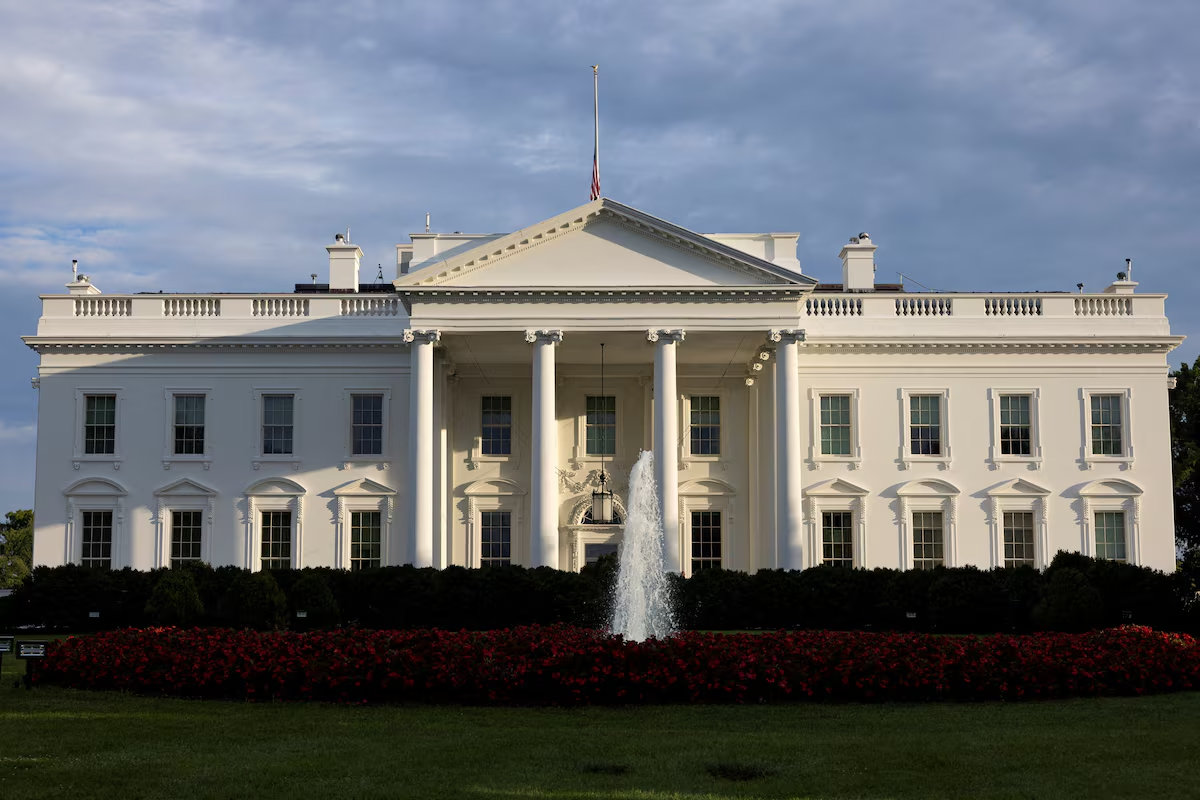The White House National Security Council (NSC) has undergone another wave of personnel firings, raising questions about internal turmoil and policy consistency as global tensions mount. According to sources familiar with the matter, at least six senior staff members were dismissed this week, in what insiders describe as a politically motivated shake-up tied to loyalty concerns and strategic realignment.
The dismissals are the latest in a series of quiet purges within the NSC since early 2025. While the White House has not officially commented on the personnel changes, two officials speaking on condition of anonymity confirmed that the individuals were asked to resign or were reassigned due to “a lack of alignment with the administration’s current direction on foreign policy.”
Among those removed were directors and senior advisers handling portfolios related to China, cyber defense, and multilateral diplomacy. Their departure follows similar firings earlier this year that targeted NSC personnel perceived as critical of the administration’s evolving national security strategy—particularly regarding Russia, the Middle East, and China.
Some observers see the firings as an attempt to consolidate ideological control within the NSC ahead of the 2024 U.S. presidential election, where foreign policy is expected to play a central role.
“This is about message discipline and clearing the decks of dissenting voices,” said a former senior NSC official. “It’s not unusual for political appointees to be shifted, but the speed and scale suggest something deeper.”
The changes come amid a volatile global environment, with the U.S. facing simultaneous challenges from Russia’s ongoing war in Ukraine, rising tensions with China over Taiwan and technology, and renewed nuclear talks with Iran. Critics argue that frequent turnover in the NSC could hamper policy continuity and weaken interagency coordination at a critical time.
Democrats have expressed alarm over the politicization of the national security apparatus. Senator Chris Murphy (D-CT), a member of the Senate Foreign Relations Committee, said in a statement, “The NSC should be staffed with qualified professionals—not purged for political reasons. These are roles where stability and expertise matter.”
Meanwhile, Republican allies of former President Donald Trump have welcomed the reshuffle, framing it as an overdue course correction to eliminate “deep state” influence and ensure loyalty to the administration’s foreign policy vision.
The firings are also fueling speculation that additional changes could be coming at other key national security institutions, including the State Department and the Department of Defense, where recent leaks suggest internal disagreements over China policy and intelligence assessments related to the Middle East.
National Security Advisor Jake Sullivan, who remains in his post for now, has declined public comment but is believed to be under pressure to deliver greater coherence in messaging and outcomes—particularly in light of growing scrutiny from Capitol Hill and key U.S. allies.
As Washington prepares for a potentially divisive election season and contends with rising international instability, the NSC shake-up adds another layer of uncertainty to how the U.S. will navigate its most pressing global challenges. For now, questions remain about whether the latest changes will bring clarity—or further chaos—to America’s national security strategy.
Source: Reuters



